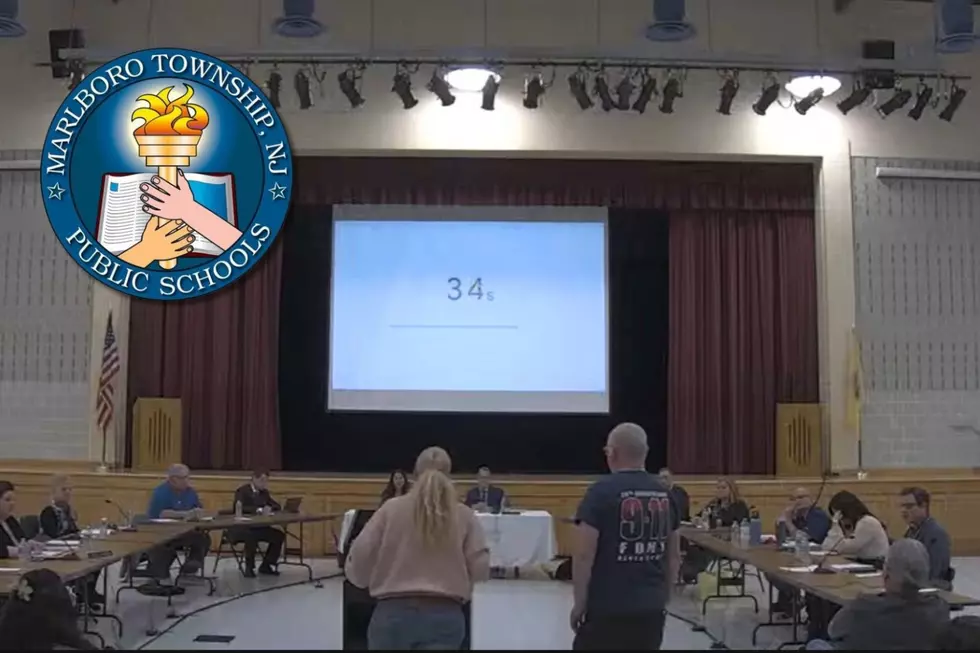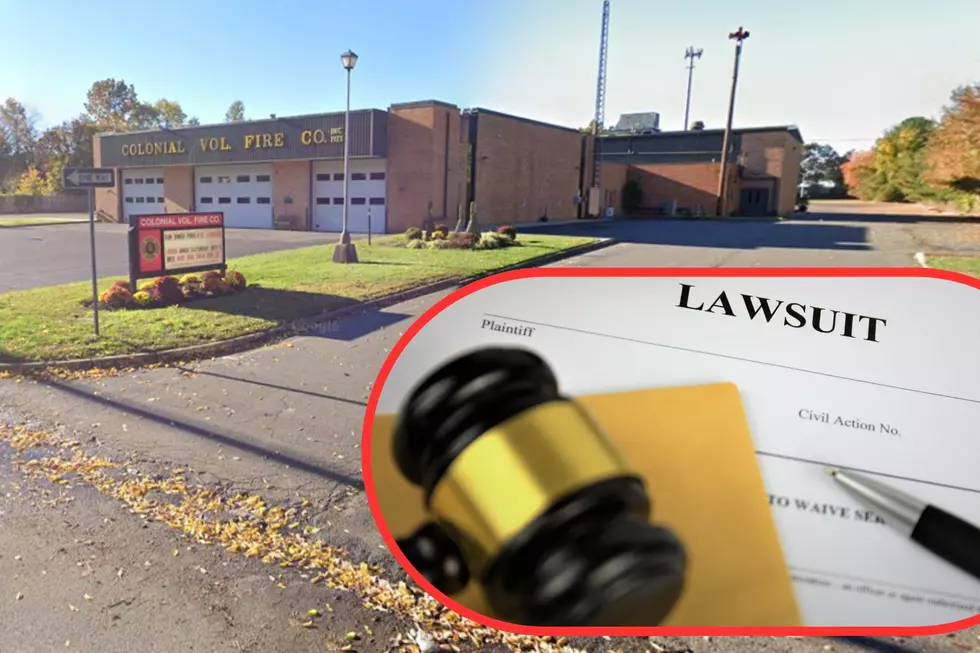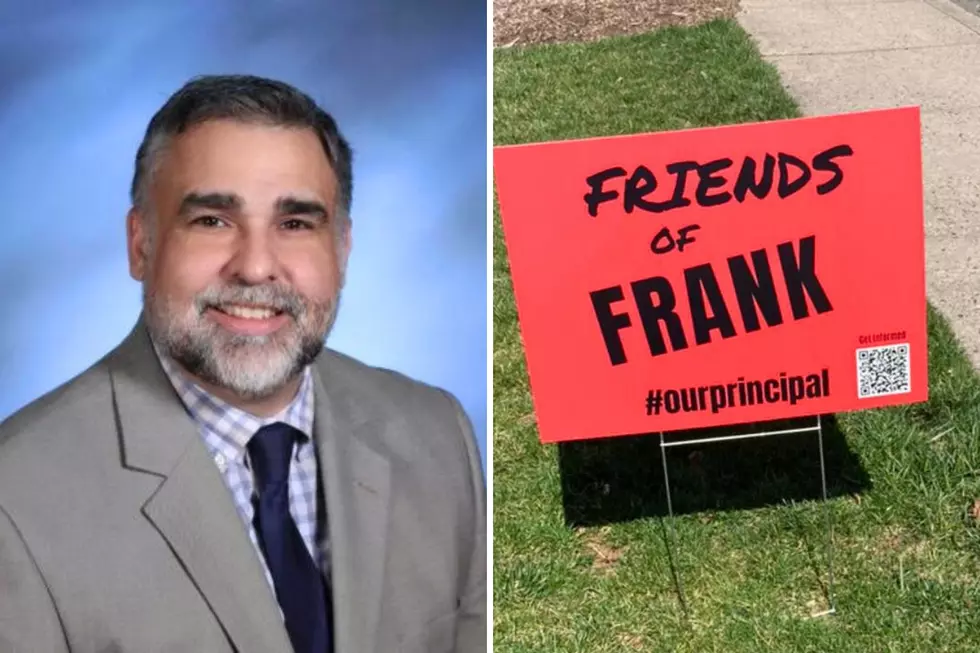
Fake story on buyout sends Twitter stock briefly higher
NEW YORK (AP) -- Twitter's stock briefly spiked on Tuesday after a fake story said the company received a $31 billion buyout offer.
The story, which cited "people with knowledge of the situation," appeared on a website made to look like Bloomberg's business news page.
The website was registered Friday, according to a search of the nonprofit Internet Corporation for Assigned Names and Numbers, and the identity of the person or company who registered it is not publicly available.
Bloomberg spokesman Ty Trippet says the story is "fake and appeared on a bogus website that was not affiliated with Bloomberg."
Twitter, based in San Francisco, did not comment.
Twitter's stock spiked 8.5 percent in late morning trading before settling back down after the story was confirmed fake. As of early afternoon trading, the stock was up 3.2 percent at $36.92.
In May, a fake bid for another company, Avon Products, sent its shares as much as 20 percent higher. That offer involved a document filed with the Securities and Exchange Commission. Last month the SEC sued a Bulgarian man, Nedko Nedev, and said he and five others worked together to violate securities laws by creating fake takeover offers. The SEC said Nedev made fake bids for Tower Group International and Rocky Mountain Chocolate Factory as well as Avon.
Robert Heim, a former lawyer at the SEC, said these kinds of schemes will probably persist because news spreads so fast over social media and traders have to react so quickly.
"I think this is a modern form of the pump and dump," he said in a telephone interview. "Instead of having a room full of cold callers calling up investors and pitching a stock, now people can set up a website in a day or so, often on their own, and publish a fake news story to be able to trade on the securities before the truth comes out."
Automated trading programs that act based on increased trading volume and prices can magnify the effect of the scams, he added. Heim said retail investors should be careful and make sure news stories are verified before they made trades based on them.
Jordan Thomas, another former SEC attorney, says these kinds of schemes are usually aimed at smaller companies than Twitter because they have fewer shares, making it easier to manipulate their stocks.
"They tend to be smaller companies that you may not have heard about," Thomas said.
(Copyright 2015 The Associated Press. All rights reserved. This material may not be published, broadcast, rewritten or redistributed.)
More From New Jersey 101.5 FM









